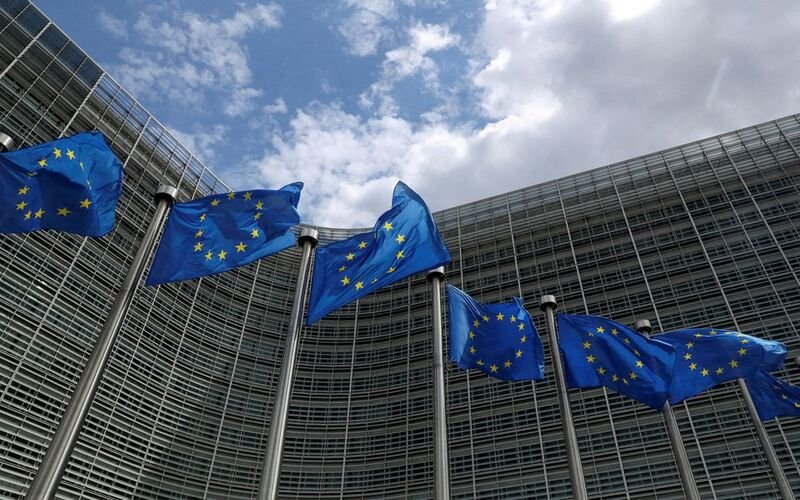EU countries and parliament agreed on regulations governing how Big Tech and other corporations use European consumer and corporate data, with safeguards against non-EU governments acquiring illegal access.
Last year, the European Commission proposed the Data Act to encompass data from smart gadgets, industrial and consumer products as part of regulations to limit U.S. internet companies.
Following the 2013 Snowden revelations of vast U.S. spying, EU concerns regarding data flows have risen.
Seven hours of negotiations yielded the deal.
“Tonight’s agreement on the Data Act is a milestone in reshaping the digital space…we are on the way of a thriving EU data economy that is innovative and open—on our conditions,” EU industry chief Thierry Breton tweeted.
The new law lets individuals and organizations copy or transfer data from various smart objects, equipment, and gadgets services.
It lets consumers and companies decide what to do with linked product data.
The Act makes it easy to switch data processing providers, protects against unauthorized data transmission by cloud service providers, and establishes interoperability standards for data reuse across sectors.
Manufacturers weakened the requirement to provide data with third parties for aftermarket or other data-driven services. Siemens (SIEGn.DE) and SAP (SAPG.DE) worried about trade secret leaks.
Under the new rule, data-sharing requests can be denied if operators risk “serious and irreparable economic losses” that threaten their sustainability.
Lawmaker Damian Boeselager claimed this created a loophole for some corporations.
I’m alarmed. “A national authority can review and annul a unilateral decision by the operator in a timely manner,” he said.
Lobbying group ITI criticized the Act’s broad scope.
“We have ongoing concerns regarding the Act’s broad and ambiguous approach to data sharing, including the expansion of the products and services originally in scope and the safeguards for trade secrets protection, as well as the rules impacting international transfers of non-personal data,” its director general for Europe, Guido Lobrano, said.















































Comment Template